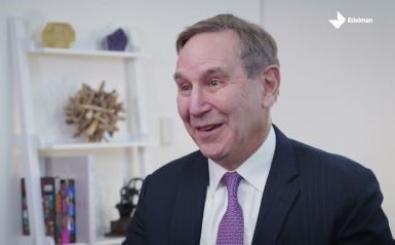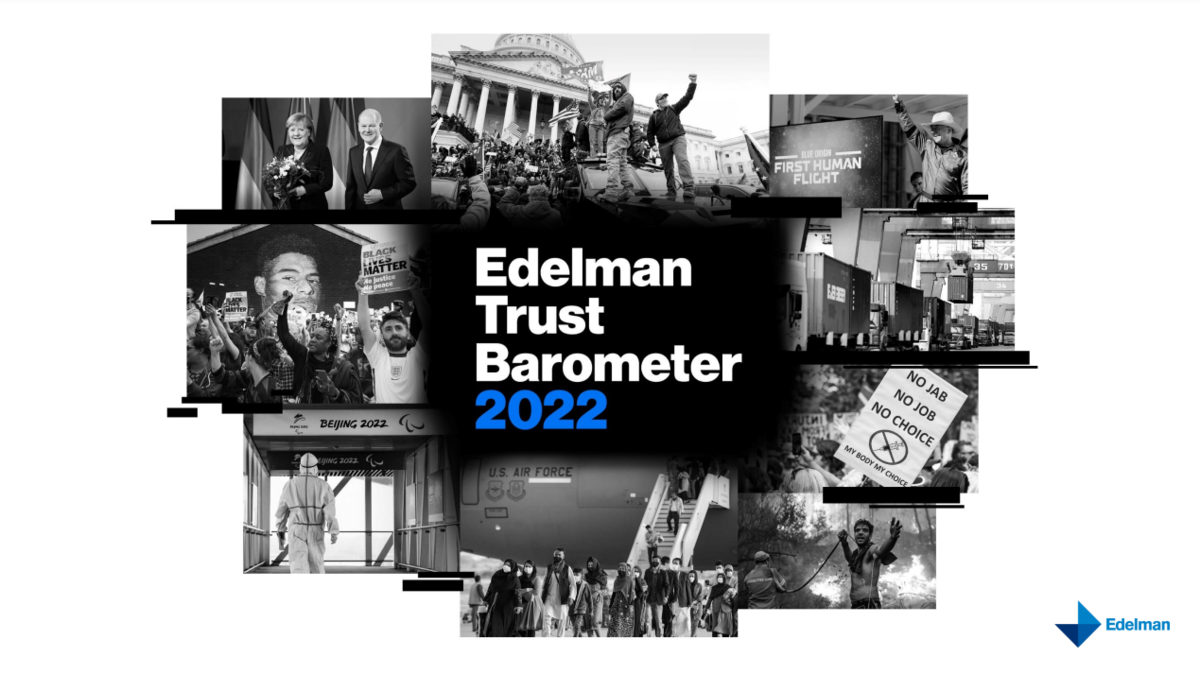On July 1st, the Czech Republic took over the rotating Presidency of the Council of the EU, in what will become their second mandate since joining the EU in 2004. Under the motto of "Europe as a Task" the Czechs will promote European values to ‘’inspire and lead by example’’. In an ever-evolving society, with challenges that go far and beyond the EU’s borders, the Czech Presidency will therefore focus on accelerating the development of policies that ensure peace and security, while promoting the achievement of the green and digital transformation and alleviating the current security, energy, and humanitarian crisis.
Despite the previous French Presidency of the Council taking power during a turbulent period, it was able to make some progress. In the Energy space, the French Presidency managed to advance negotiations on proposals within the Fit For 55 package, including the controversial Carbon Border Adjustment Mechanism. It also played a key role in facilitating negotiations on the European Health Data Space and on a political agreement with the European Parliament for Corporate Sustainability Reporting from 2024.
In today’s uncertain economic and political environment, the Czechs will also face considerable headwinds; with increasing levels of inflation, energy and economic insecurity, as well as a humanitarian crisis linked to the war in Ukraine, and of course the ongoing COVID-19 crisis. Against this backdrop, the Czechs proposed five main topics to drive their presidency:
- Coping with the refugee crisis and Ukraine's post-war reconstruction
- Energy security
- Strengthening European defence capabilities and cyber security
- Strategic resilience of the European economy
- Resilience of democratic institutions.
What to expect over the next 6 months
Facilitating the use of alternative transport fuels
A core element of the Fit For 55 package, the Czechs will look to progress on legislation to decarbonise European transport; for instance by promoting clean mobility and infrastructure for alternative fuels. As such, it is expected that the Czech Presidency will – if the European Parliament agrees – seek to kick off trialogue negotiations on files like the ReFuelEU Aviation initiative, Fuel EU maritime as well as the revision of the EU Emissions Trading System (ETS) and the creation of a Carbon Adjustment Mechanism (CBAM).
Prioritising energy infrastructure and security
Emphasising the impact of the Ukrainian war in the energy sector, the Czechs will take over negotiations initiated by the French Presidency on the REPowerEU Plan designed in part to ensure that EU gas storage sites are filled to at least 80% capacity by November 2022, as agreed by the Gas Storage Regulation. The Czech presidency will also promote voluntary joint energy purchases leveraging the bloc’s combined purchasing power to achieve economies of scale – using the approach taken to securing COVID vaccines during the height of the pandemic.
An ambitious health agenda
Building on the ongoing political prioritization of oncology in the EU, the Presidency is expected to adopt its position on the Council recommendation on cancer screening and coordinate a conference and call for action on cancer registries, early detection, and screening schemes. As health systems are recovering from COVID-19, the Presidency wants to adopt conclusions on vaccinations and strengthen the EU’s role in global health. In view of growing concerns over the availability of medicines, the Presidency wants to ensure EU cooperation in the field of rare diseases, possibly calling for a European Action Plan, following the lead of the outgoing French Presidency. In terms of legislative proposals, the Presidency will aim to progress with but not conclude the negotiations on the European Health Data Space, the Revision of Directives on Blood, Tissues and Cells and the EMA Fees Regulation.
A (de)prioritisation of AI technology
Harmonising rules on AI, based on EU values and safety standards, will remain a priority - though perhaps less than previously. With the European Parliament submitting thousands of amendments to the European Commission’s proposal on the AI Act, and conflicting views between Member States on the regulation’s definitions and scope, it will likely prove quite challenging for the Czechs to ensure an agreement is reached within 6 months.
Who to watch
- Petr Fiala: with an academic background, the Czech Prime Minister has been called a ‘’soft Eurosceptic’’ - though one strongly opposed to political extremism and populism.
- Mikuláš Bek: The newly appointed Minister of European Affairs comes from a musicology background. While his career as a politician has been rather short, he previously served as chair of the Czech Senate’s EU affairs committee.
- Jana Černochová: the Minister of Defence will play a key role in negotiations on the war in Ukraine. Černochová has been strongly advocating for increased support to Ukraine in terms of military and humanitarian assistance.
- Jozef Síkela: the Czech Minister of Trade helped develop the “state energy trader” concept to secure cheap energy supplies for the country. Focused on alleviating the war’s impact on the energy sector, Síkela has stressed the importance of advancing negotiations on the REPowerEU plan.
- Věra Jourová: serving as vice president of the European Commission for values and transparency, she believes that the Czechs ‘’will play the role of the honest broker of the open continuing dialogue on the rule of law matters’’.
- Vlastimil Válek: a medical doctor by training, the Czech Minister of Health and Deputy Prime Minister is a strong advocate of joint procurement in the area of orphan medicines.






